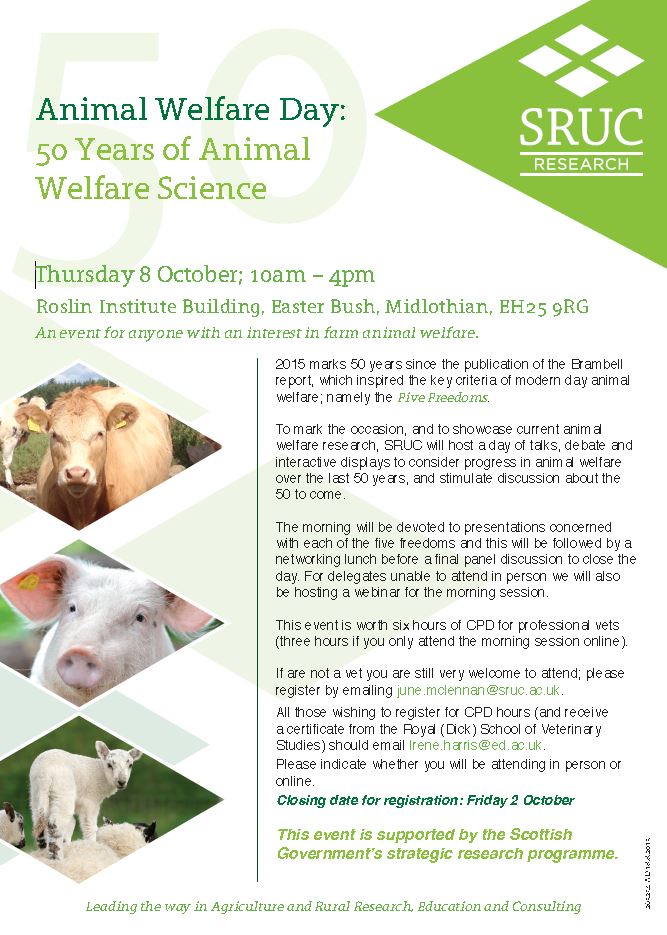Animal welfare experts and veterinary nurse students are travelling to India to help raise standards of care for sick animals. They will share knowledge and demonstrate clinical techniques and interventions that can significantly improve animals’ quality of life.
Veterinary Nursing and Animal Welfare
Developments within veterinary training institutes across the world have often concentrated on investments in technologically advanced equipment and training of veterinary surgeons. However, good welfare of hospitalised animals starts before the consultation room and long after medical or surgical intervention; this is the domain of the veterinary nurse. Through this project we hope to raise awareness of the vital role of veterinary nurses in improving care for animals that require medical attention. Currently there is no official recognised veterinary nurse training scheme or qualification in India, despite the country’s booming pet population. The Edinburgh team of vets, veterinary nurses and animal welfare scientists will work with colleagues in Kerala to provide training in animal nursing care and will demonstrate how vets and veterinary nurses should work side by side to provide for the health and welfare needs of animals through the whole veterinary experience.An animal’s experience can be improved dramatically when nursing care is provided by a knowledgeable, well trained and compassionate individual. Veterinary nurses are in the perfect position to do this.Hayley WaltersWelfare Veterinary Nurse, Jeanne Marchig International Centre for Animal Welfare Education
Best practice
They will also share best practices in hygiene and infection control and explain how to recognise and manage pain in animals. In return, the Edinburgh students will benefit from being exposed to veterinary practices in a different environment, tackling problems they may not have encountered elsewhere.We are excited to have the opportunity to learn from our colleagues in India and to experience caring for animals in an environment that brings challenges we haven’t faced before.Natalie MaxwellVeterinary Nursing student, Edinburgh Napier University



















